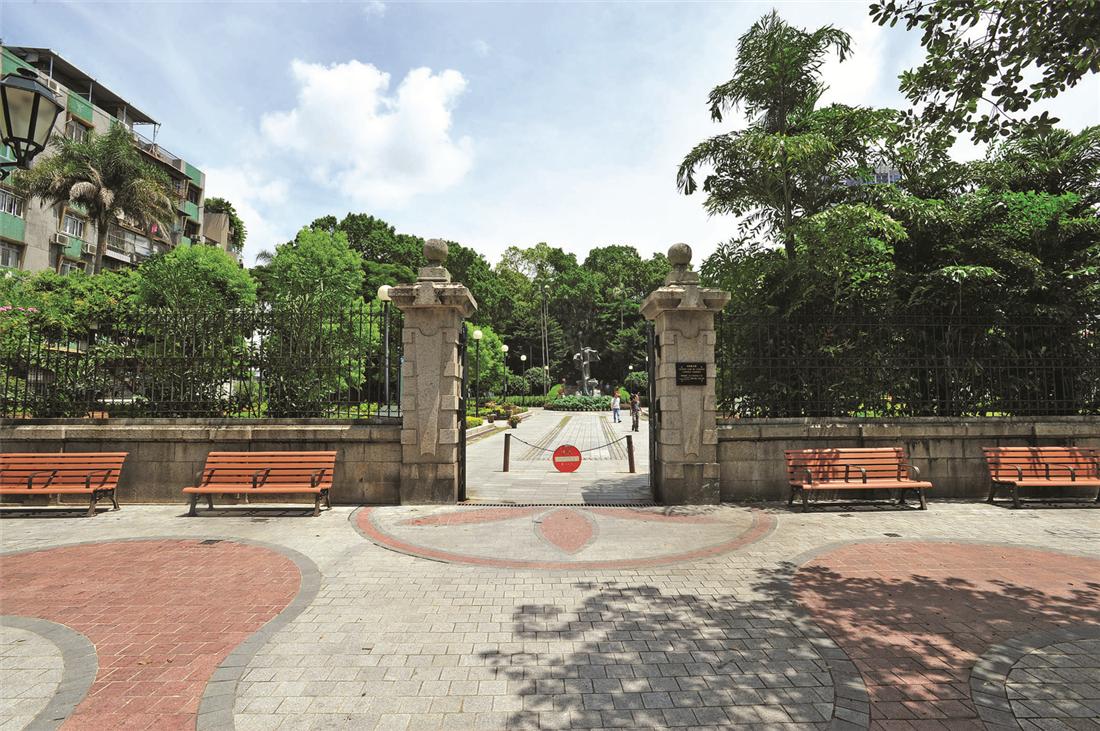Luís Vaz de Camões Composed “The Lusiads” in the Pigeons’ Nest Garden (officially known as Luís de Camões Park in English)
Allegedly, the Portuguese poet Luís Vaz de Camões (1524-1580) was banished to Macao in 1562 for his satirical writings against the colonial governor of Portuguese India. During his banishment in the city, he frequented a grotto of the Phoenix Hill, which is today’s Camões Grotto in Luís de Camões Park. He was said to have composed part of his epic, “The Lusiads”, in the grotto.Over the centuries, many of those Chinese poets who fled to Macao for refuge were sympathetic towards the banished Luís Vaz de Camões and inspired by him in their poetic creativity. Of the works by these poets, the “Accounts on Pigeons’ Nest Garden” composed by Yi Linge during the Republican period of China was a particular piece.
In the works of poet Wang Zhaoyong, “Pavilion at Pigeons’ Nest Hill, he revealed his grieving over the loss of his country and the bygone days.
The Japanese poet, Nagai Kyuichiro, had a four-lined poem with seven Chinese characters to a line titled “Passing by the Former Residence of Portuguese Poet Camões”. It was a laudation of the strengths in character of frustrated and dejected poets. Pan Feisheng of Panyu district had a poem named “Touring the Pigeons’ Nest (Hill)”.











